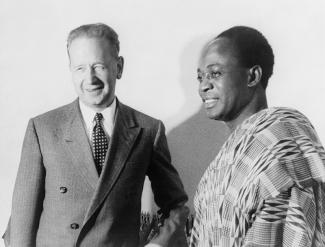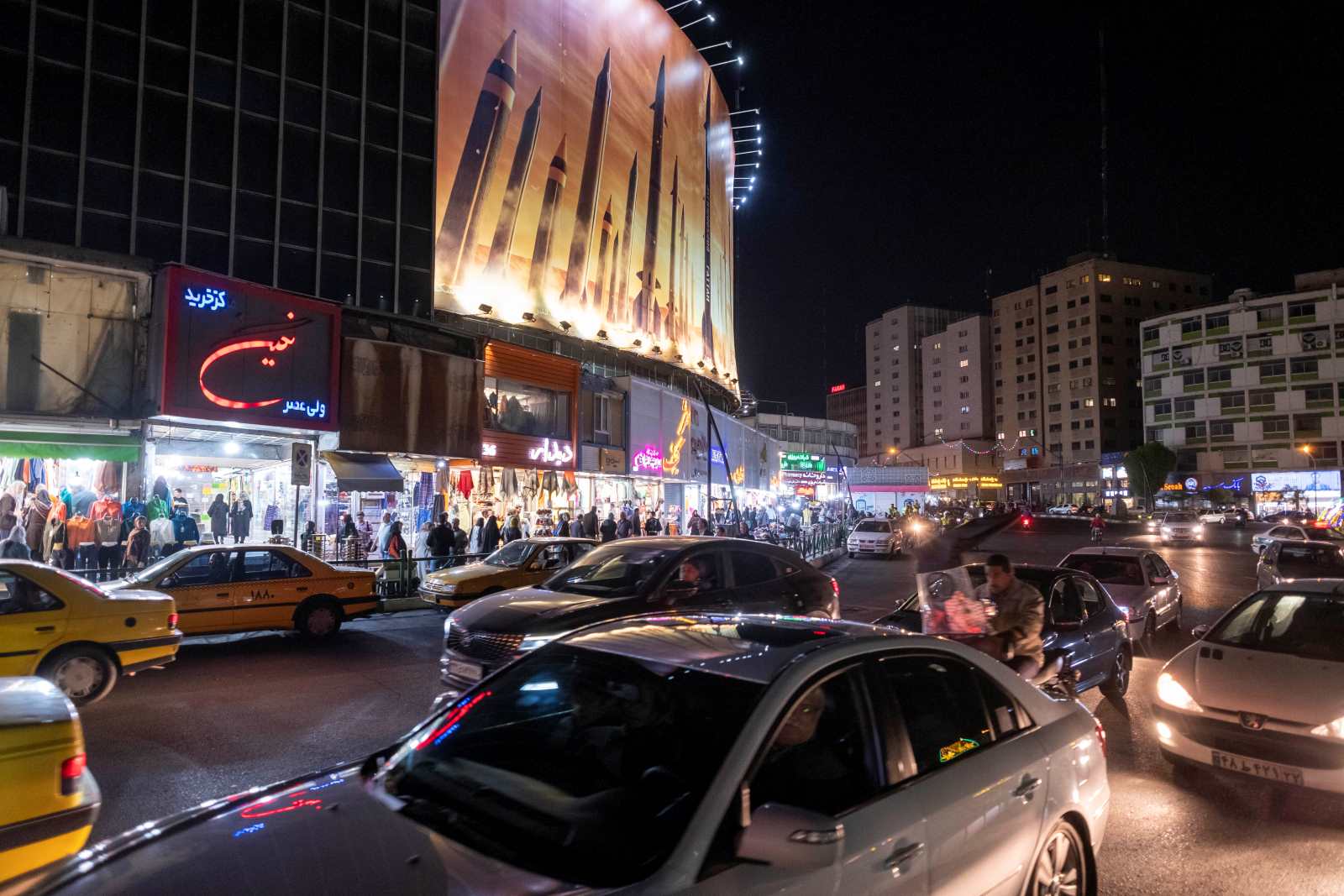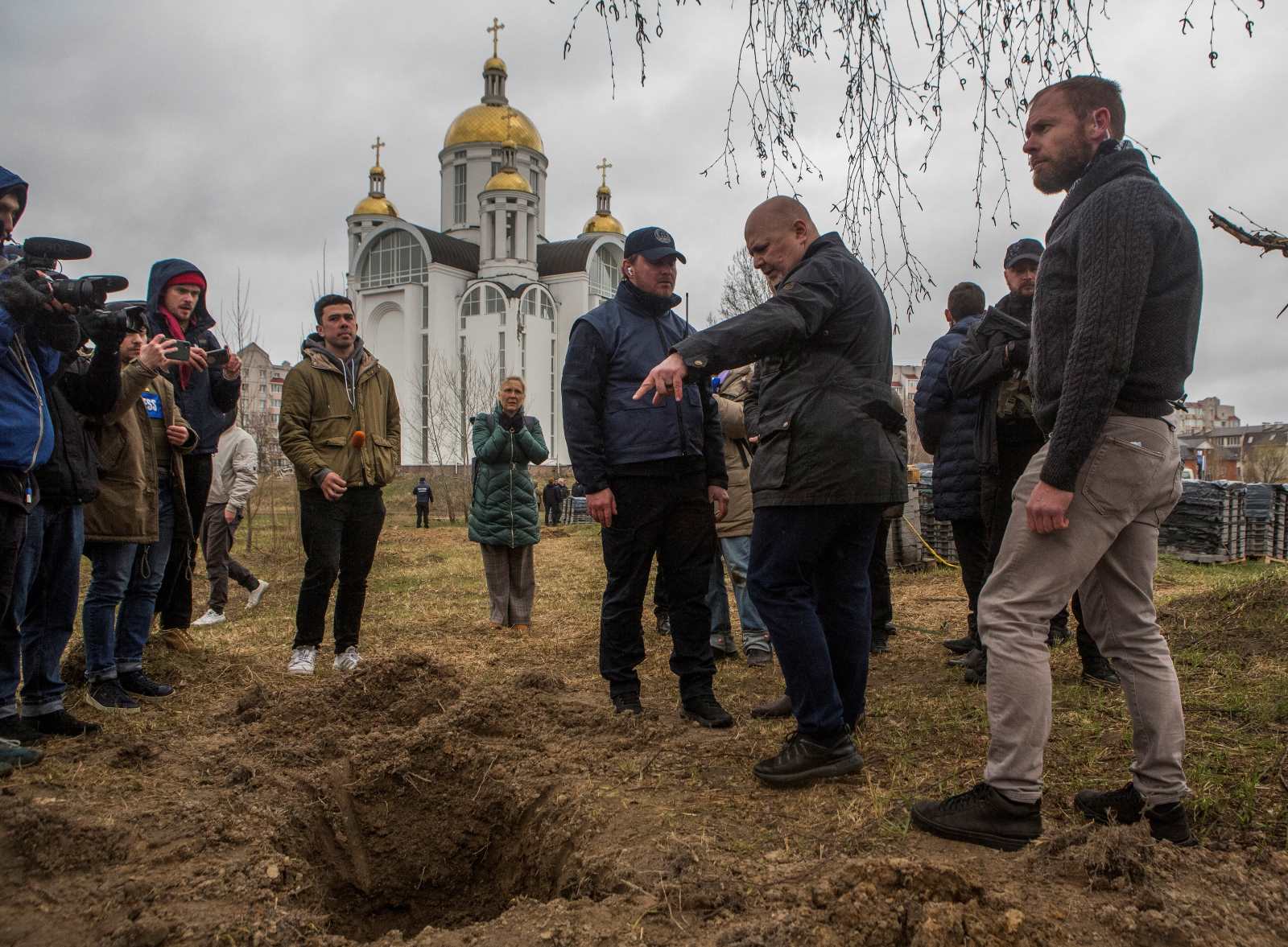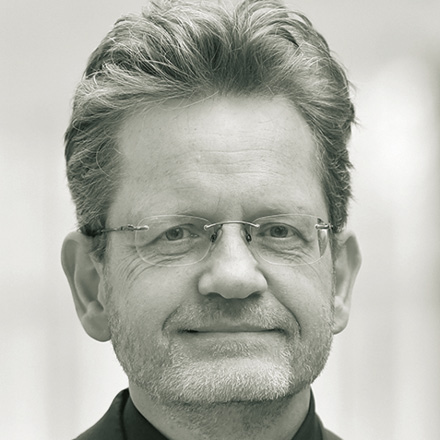Blog
Death in Ndola

Henning Melber’s book on Hammarskjöld is not an impartial account. The Swedish-German scholar is the former director of the Uppsala-based Dag Hammarskjöld Foundation, and he also belonged to the committee whose work made then UN Secretary-General Ban Ki-moon reopen the investigation into the airplane crash near Ndola in today’s Zambia. Melber readily admits that he is personally engaged. (Full disclosure: he has contributed to D+C/E+Z very often and, over the years, has become a friend.)
“Dag Hammarskjöld, the United Nations and the decolonisation of Africa” is a short, but ambitious book. On a mere 180 pages (of which 50 are notes, references and acknowledgments), Melber delves deeply into complex issues that he has been dealing with for much of his professional life. For anyone unfamiliar with the history of the UN and African decolonisation, the reading is likely to prove a rewarding challenge.
The tragic death of the Swedish UN leader is obviously of particular relevance. The background was the Congo crisis of 1960/61. On 30 June 1960, the Belgian colony gained formal independence. Not even two weeks later, its territorial integrity was threatened by the secession of the resource rich Katanga region. Belgium supported the secessionists with troops in violation of its agreement with Congo’s government. In view of military clashes, Congo’s President Joseph Kasavubu and Prime Minister Patrice Lumumba requested the UN to intervene.
Melber gives a detailed account of how Hammarskjöld tried to control the damage and what limitations he faced. The greatest challenge was that the Security Council was split. While western governments basically sided with Belgium, the Soviet Union wanted to reduce the influence of the USA and the former imperial powers. In this setting, decisive UN action was impossible.
Nonetheless, Hammarskjöld managed to bring about a UN resolution. Its wording remained ambiguous however. UN troops were deployed, but since their mission was not clearly defined, they could not act effectively. The mission stayed controversial, with interested parties either stating that the blue helmets were doing too much or doing too little.
Melber recounts how Hammarskjöld handled the matter. To a large extent, he relied on the growing group of non-aligned nations, which were mostly newly independent colonies. To bypass stalemate in the Security Council, he turned to the General Assembly, in which their membership kept increasing.
The leaders of the non-aligned group appreciated Hammarskjöld’s approach. The secretary-general wanted the UN to shield them from undue influence of hegemonic powers. In his eyes, the young nations deserved ample policy space. In today’s parlance, he was endorsing the policy ownership of developing countries. Trying to prevent the spread of the Cold War into Africa, he neither pleased western nor eastern leaders.
Matters became even more complex when Congo’s leaders, Kasavubu and Lumumba, had a falling out. For some time, Lumumba lived under UN protection, but he decided to move on in an attempt to reclaim power. UN troops were present when he was arrested, while another UN contingent later witnessed him being brought to Katanga. They did not intervene in either situation, and Lumumba was tortured and killed on 17 January 1961. The UN was immediately blamed for not protecting him.
According to Melber, Hammarskjöld was not personally in charge of troops and thus not immediately responsible for the failure to save Lumumba. Moreover, it is unclear what difference UN soldiers could have made. President Kasavubu was relying on army leader Mobutu Sésé Seko, who later grabbed power in a military coup and ruled as a ruthless dictator from 1965 to 1997. Lumumba was one of Mobutu’s early victims. The main success of multilateral action was certainly that the Congo conflict did not spread to other African countries.
In Melber’s account, Hammarskjöld felt devastated by diplomatic failures, but nonetheless stayed determined to do his best to prevent further escalation. After UN troops clashed with secessionist forces in Katanga, he arranged a meeting with Moise Tshombe, their leader, in Ndola. Back then, this town belonged to Northern Rhodesia, a part of the British Central African Federation run by a white minority regime. The airplane crashed when approaching Ndola on 18 September 1961.
At the time, the Northern Rhodesian authorities concluded that a pilot error caused the crash. Later research, however, showed that they had not taken all evidence into account. In particular, they neglected black eyewitnesses. Some reported that a second airplane had been in the sky, and others saw Hammarskjöld’s plane in flames before it came down. As Melber further reports, it took officialdom unreasonably long to find the airplane, so Rhodesian security forces probably arrived first, with ample time to manipulate the scene. The author spells out that various parties might have had an interest in killing the assertive UN secretary-general and that they probably had the capacity to do so. They included the Katanga secessionists, southern Africa’s white minority regimes as well as member countries of the Security Council.
The UN believes that the secret services of several countries are likely to still have relevant recordings, for example of the radio communication between the pilot and Ndola airport. In particular, the USA and the UK are thought to possess such evidence, but as Melber writes, they have not followed UN requests to declassify such information.
The individual person matters
Melber’s main intention, however, is not to revisit the tragedy at Ndola. As the title of the book suggests, his main topic is what impact Hammarskjöld and the UN had on decolonisation. Critics have argued that the Swedish policymaker promoted capitalism, served imperialist interests or had racist tendencies. Melber defends him convincingly.
The author grew up as teenager in what is now Namibia. He joined the freedom struggle and is a member of SWAPO, the former liberation movement which is now the ruling party. Melber is just as interested in the topic of decolonisation as he is in Hammarskjöld’s legacy.
The Africa scholar insists that Hammarskjöld was a child of his time. His father was a high-ranking official and diplomat, and many of his ancestors were loyal civil servants and clergymen. The UN leader’s roots in Sweden’s political culture, which shies away from confrontation and is geared to brokering compromises that serve all parties, were deep. He himself was an economist who, as a technocrat, played a crucial role in designing his nation’s welfare state, before becoming a diplomat.
Melber elaborates how this personal background, including his Lutheran faith, shaped Hammarskjöld’s action as UN secretary-general. He emphasised integrity – both his own and that of the UN. H believed that multilateral action could prevent political disasters and mass suffering if the parties involved acted in a spirit of honesty and probity. The book quotes extensively from Hammarskjöld’s writing and public speeches.
Some accuse Hammarskjöld of coming from a white middle-class background. Melber rectifies such criticism. Everybody has a personal background, and what really matters is what we do on this basis. The author further points out that being male and white brings privileges, but that does not mean that every white man endorses those privileges – nor does it mean that every white man exploits and abuses women or people of colour. He also notes that UN staff will always be likely to have a middle-class background. The simple reason is that it is impossible to do UN work unless one has an academic education and speaks at least one world language.
Melber does a fascinating job of showing how personal relations matter within the UN administration itself. Indeed, interaction within the UN team that was handling the Congo crisis was often difficult. Communication problems were probably more important than ideology. The questions of whether Hammarskjöld was sufficiently anti-capitalist and anti-racist probably mattered less than communication problems.
Back then, Nikita Khrushchev, the top Soviet leader, prominently accused Hammarskjöld of promoting capitalism. Others have reiterated that charge. As we know today, the idea that capitalism can easily be replaced with something better, has proved a fallacy in many countries. Melber could make this case, but he takes a different approach. His entirely valid point is that Hammarskjöld focused on shielding newly independent African countries from hegemonic influence.
Under Hammarskjöld, UN diplomacy was a well-considered balancing act, as Melber writes. That is part of Hammarskjöld’s legacy. Successful UN diplomacy has indeed always been – and had to be – a balancing act.
Reference
Melber, H., 2019: Dag Hammarskjöld, the United Nations and the decolonisation of Africa. London, Hurst.
Hans Dembowski is editor in chief of D+C Development and Cooperation / E+Z Entwicklung und Zusammenarbeit.
euz.editor@dandc.eu













